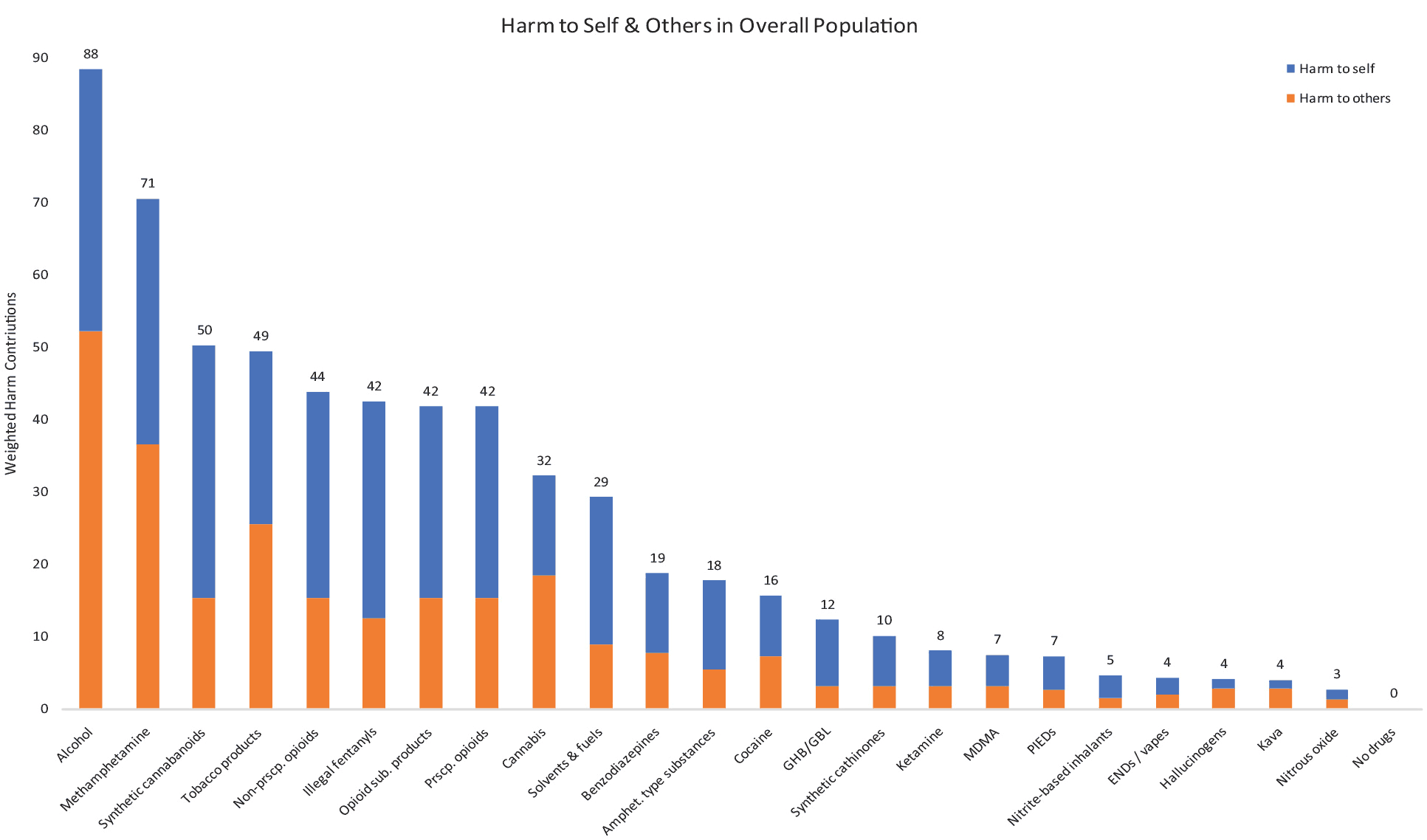Good catch. I guess it shows NZ unis are doing a good job with sustainability at least.
Thanks for making and sharing this. I know I'll use it. I keep discovering features. I'm glad you've got the Basemaps imagery on there.
In terms of offline use, does it keep low-res tiles of the whole country for offline use, with the option to download individual tiles when you're zoomed in? That's how it seems to work.
I've never heard of that. But if they did it right, I guess we'd never know.
I think the point is to go after the leaders rather than the henchmen who will just be replaced.
Usually it's not too hard to establish who the leader is, even if it's not always easy to prove. I imagine that's another reason they're allowed to go after any member.
The RICO Act itself is strange. An organisation must engage in two or more "racketeering activities" within 10 years. It's a long list of pretty much all serious crimes. It's in the RICO predicate offences section of the Wikipedia page.
If an organisation is in violation of the Act, any member can be charged with any of those offences committed by any other member. The idea is to use that pressure to get them to turn on the leaders. It also means they can go after anyone they think is really in charged. But it's up to prosecutors to make sure only those most responsible are charged.
It's far too broad of a definition, in my opinion. And it's too open to corruption and interpretation. If we were to enact something similar here, those details would need to change.
I’m keen to hear more about the “strange ways it’s been used in the US”!
Because the definition is so broad, it's been used to go after members of regular corporations, like FIFA and a healthcare provider. Whether or not those people deserved to be charged, it goes way beyond the intended scope of the law.
Increasing sentences is a common knee-jerk reaction to these kinds of things, but it doesn't usually play out the way people think. Humans are complex, and longer sentences usually result in higher crime rates in society. Which seems to defeat the point.
I think a better solution would be to develop some kind of RICO Act-like legislation, with various changes to avoid some of the strange ways it's been used in the US. The RICO Act destroyed the Mob's stranglehold on America, and has been used successfully to eliminate gangs and other criminal organisations since.
Essentially it would be a law that allows leaders of criminal gangs to be charged with the actions of its members, or a prohibition on being a leader of a gang. These kinds of laws allow the police to simply establish someone is the leader then put them in jail. When they are inevitably replaced, the next leader is taken out too. As this continues, being the next leader will be very unattractive, and with the good leaders gone, the organisation falls to pieces.


OK, cool. What does the little download button that shows up when you zoom in do?